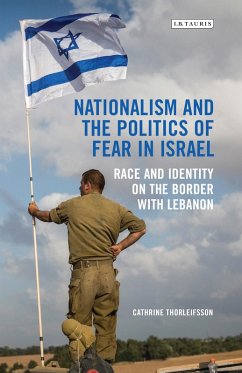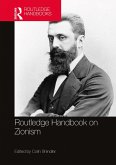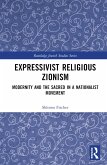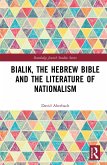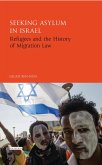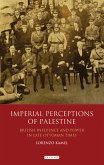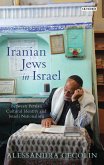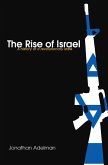Kiryat Shmona, located near the Israeli-Lebanese border, often makes the news whenever there is an outbreak of violence between the two countries. In Israel's northernmost city, the residents are mostly Mizrahim, that is, Jews descending from Arab and Muslim lands. Cathrine Thorleifsson uses the dynamics at play along this border to develop wider conclusions about the nature of nationalism, identity, ethnicity and xenophobia in Israel, and the ways in which these shift over time and are manipulated in different ways for various ends. She explores the idea of being on the 'periphery' of nationhood: examining the identity-forming and negotiating processes of these Mizrahim who do not neatly dove-tail with the predominantly Ashkenazi concept of what it means to be 'Israeli'. Through in-depth ethnographic observation and analysis, Thorleifsson highlights the daily negotiation of Moroccan and Persian Jewish families who define themselves in opposition to Ashkenazi Jews from Russia and Central and Eastern Europe and the Druze, Christian and Muslim Arab populations which surround them. But this is not just an examination of differences and stereotypes which are continually perpetuated.
Instead, Thorleifsson highlights the instances of inter-marriage between Mizrahi and Ashkenazi Jews, and what this means for the high politics of nationalist narratives as well as the everyday aspect of family dynamics. But having done so, she does also acknowledge that many of Israel's laws which deal with ethnic identity do result in discrimination and daily exclusion against a large number of its citizens, something which reflects the ethnocratic character of the state. By including all of these different aspects of the daily negotiation of identity in a northern town in Israel, Thorleifsson offers a frank and balanced account of the nature of state nationalism and the people who are affected by it. Covering an interesting aspect of Israeli society which is often overlooked, this account of relations between both Ashkenazi and Mizrahi Jews and those between Mizrahi Jews and Palestinians is an important contribution to the study of Israeli and Middle Eastern societies.
Instead, Thorleifsson highlights the instances of inter-marriage between Mizrahi and Ashkenazi Jews, and what this means for the high politics of nationalist narratives as well as the everyday aspect of family dynamics. But having done so, she does also acknowledge that many of Israel's laws which deal with ethnic identity do result in discrimination and daily exclusion against a large number of its citizens, something which reflects the ethnocratic character of the state. By including all of these different aspects of the daily negotiation of identity in a northern town in Israel, Thorleifsson offers a frank and balanced account of the nature of state nationalism and the people who are affected by it. Covering an interesting aspect of Israeli society which is often overlooked, this account of relations between both Ashkenazi and Mizrahi Jews and those between Mizrahi Jews and Palestinians is an important contribution to the study of Israeli and Middle Eastern societies.

